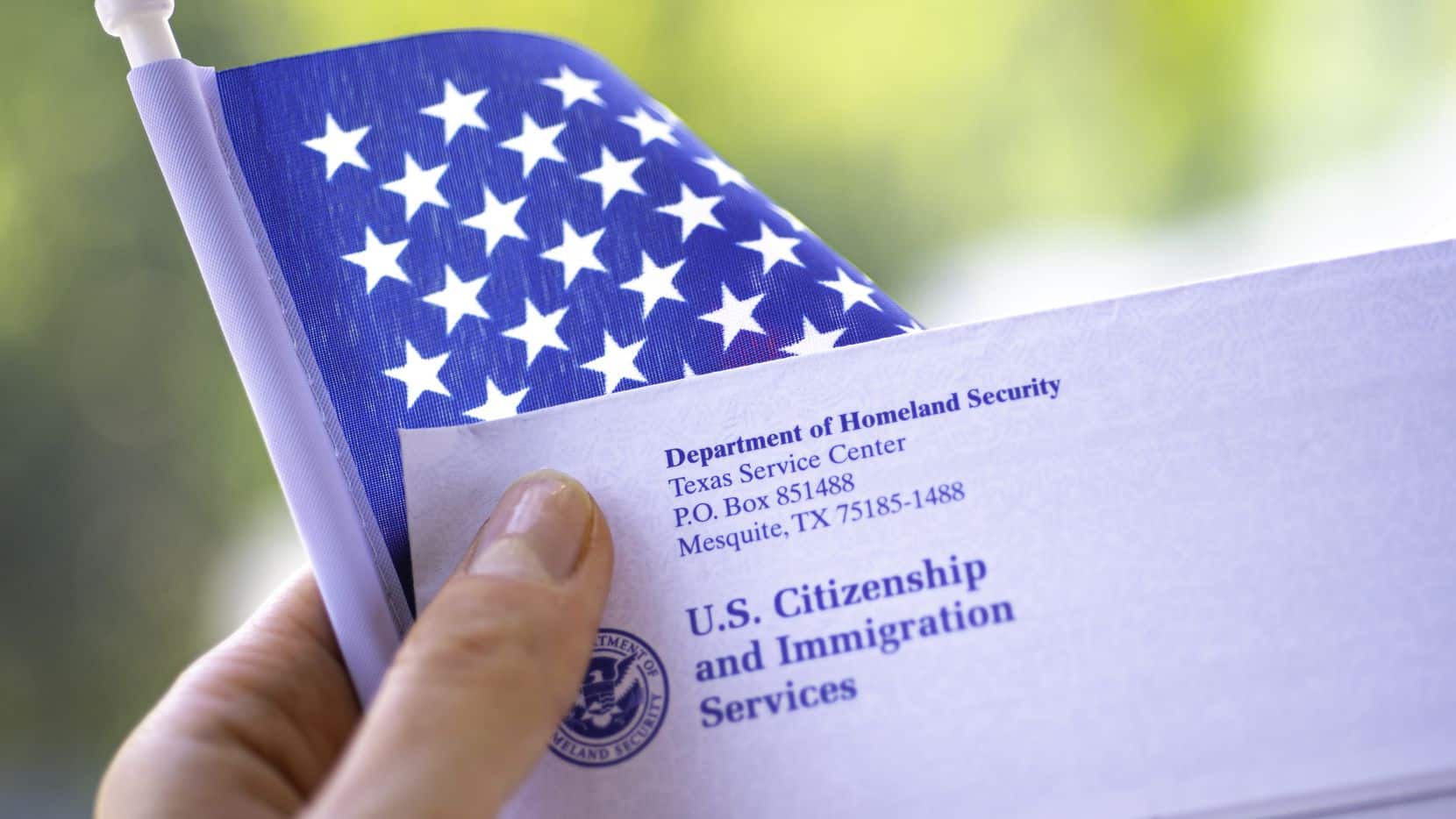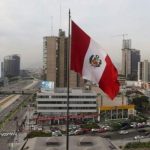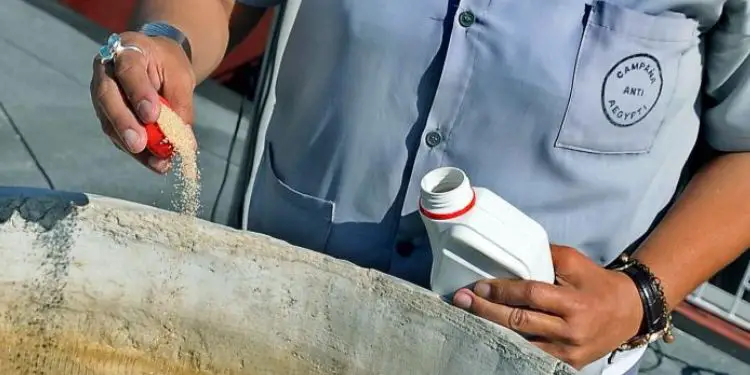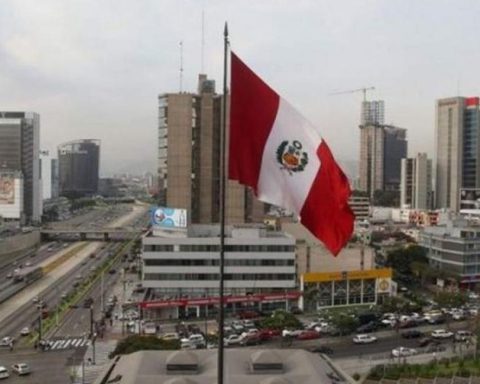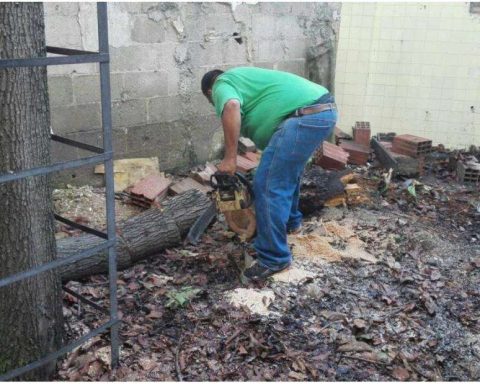Telma has been living in Miami since 2019. She left Masaya with her eldest son and two nephews who were in her custody when the April 2018 protests broke out in this department, south of Managua.
His 21-year-old son was in his last year of a degree at a public university in Managua and his cousins, 17 and 20, were studying in Masaya when the massacres caused by police and paramilitaries occurred.
Although her two nephews did not participate directly, they came into conflict when the Sandinistas wanted to recruit them to dismantle the protests together with the police and armed civilians organized by the dictatorship of Daniel Ortega and Rosario Murillo.
Related news: United States Humanitarian Parole Program will be submitted to a judge in June
“Then the political secretary of the neighborhood comes to tell them to join the Sandinista Youth brigades, which will give them work, wages, and weapons to kill the boys. My nephews tell them no and that was enough for them to declare them coup plotters,” explained Telma, from Florida.
Flee to Costa Rica in search of preserving freedom
His son’s story was more active: he joined the protests at the public university, went to marches and published his condemnation of the Sandinista dictatorship on social networks, which had already carried out hundreds of murders of students, civilians and peasants.
“My son did have reasons, so to speak, to look for him for rejecting the antics that those damn dogs were making, that’s why I took him first to Costa Rica to his aunt,” Telma related.
Later she took her two nephews out and went to Costa Rica to reunite them with her son, but while there her family told her that the police were also looking for her to accuse her of a “coup d’état.”

“There was no choice but to spend a while in San José and then leave by land for Mexico and come to the United States where a relative we turned to to start the migration process here,” said Telma, who complains about the harshness of the trip. and the trauma of migration.
Reunification thanks to parole
Five years after that departure, she and her family have managed to settle down and rent an apartment in the midst of traumas caused by the separation from her family.
Since January 5, when the administration of President Joe Biden approved a humanitarian parole for Nicaraguans, Cubans and Haitians, she managed to reunite the family and now they all reside in Florida.
Related news: Political prisoners may use humanitarian parole for reunification with their families
With the parole they sent for her husband, her sister (the mother of the two students) and brother-in-law. Now there are more relatives from Nicaragua who ask her to advocate for them to get them out of the country, but Telma says that with great regret she has had to say no.
There is no bed for so many people
“I can’t anymore, I don’t earn enough to justify their bringing and that is a requirement, to demonstrate economic capacity to bring them on parole, the apartment is small and they already raised the rent, so for now I tell them that I can’t, but I have asked other friends and neighbors for help, but I have not been able to get them to support me, “said Telma.
Not only she has faced that wall. Many Nicaraguan families residing in Nicaragua and want to come to the United States through a parole sponsor, find that many relatives refuse to support them, except for those closest to the family nucleus such as children or parents.

«My uncle told me that I couldn’t. That parole is like serving as guarantor for a loan because it obliges the sponsor to guarantee the maintenance of the migrant and he says that he does not have so many resources to support more people there,” said Raquel, a university student at UCA.
Roberto, an electrician from Managua, has also found it difficult to find a sponsor for himself and his family. «At first I thought about selling the house and going overland to Mexico, but I was afraid of losing everything and not going through. When the parole was approved, I asked my brother to give me a hand, he lives in Orlando, but he told me that his priority was to bring his wife and his children, “he said.
“And I don’t blame him, the truth is that one wants to reunite his closest family, children and parents, wives, and uncles, brothers, other relatives go into the background,” he complained.
Parole stopped the irregular migration of Nicaraguans
On January 5, President Joe Biden extended the humanitarian parole program, which had been approved in November 2022 for Venezuelan citizens, to immigrants from Haiti, Cuba, and Nicaragua.
The humanitarian program requires that the beneficiaries have a sponsor in the United States that provides them with financial support and submit to rigorous processes of control and evaluation of the biometric and biographical type of national security and public safety.
The process, since then, has been advancing and has served to stop the arrival of migrants from those four countries to the southern border of the United States from Mexico.
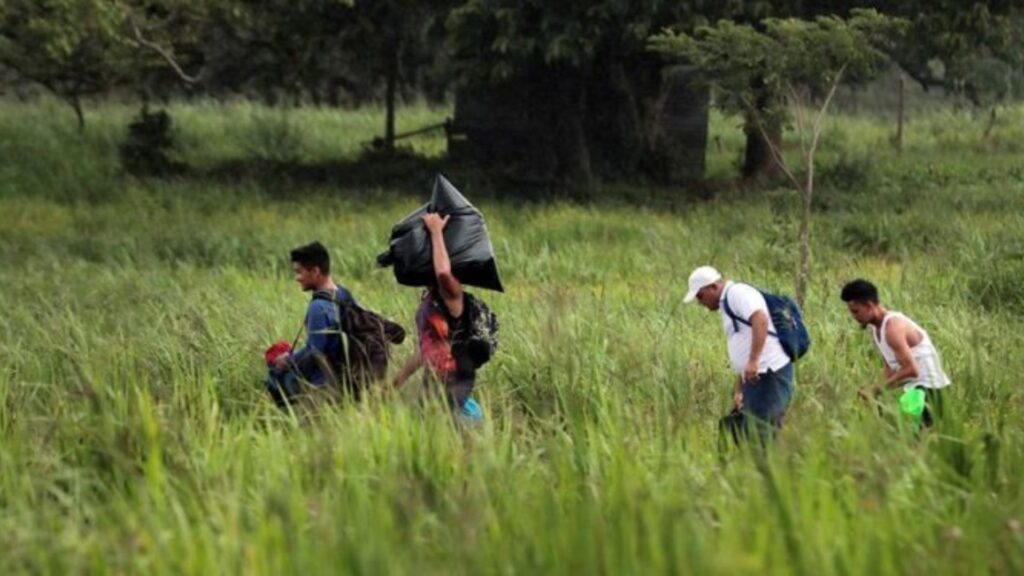
In March alone, the United States granted humanitarian parole to 27,783 Cubans, Haitians, Nicaraguans, and Venezuelans to enter the country.
The United States Customs and Border Protection Service (CBP) released the figures this Monday highlighting that, after the extension of the humanitarian program in January of this year, the meetings of Cubans, Haitians, Nicaraguans and Venezuelans on the border southwest registered a drop of 72%.
He explained that encounters at ports of entry on the southwest border dropped from 1,231 in a seven-day average since last January 5 to 339 in a seven-day average as of March 31. Unique encounters by Venezuelans, which include people who have not been found at the border in the previous 12 months, totaled 3,197 last March, 319 Haitians, 164 Nicaraguans and 147 Cubans.
The parole is in danger
The program has a maximum limit of 30,000 permits a month, but attorneys general from 20 states have asked a federal court to end the humanitarian program, with which you can apply for a work permit and live legally in the US for two years.
The appointment of said review is scheduled for June of this 2023, for which many Nicaraguans are desperately trying to find a sponsor before that date.
On April 18, the Welcome US site, a non-profit organization that seeks sponsors for migrants from these countries, collapsed when thousands of users tried to access the site for help.
This site each month proposes a specific date to receive sponsorship requests from interested people, as well as donors to help migrants. This is the second time the site has crashed under the massive demand for help finding a sponsor.
Refusals, scams and despair
An opposition family that lives in Houston, Texas, where they took refuge due to the Sandinista repression, commented that a network of Nicaraguans has tried to seek support to bring more families at risk under the parole program, but they have encountered obstacles.
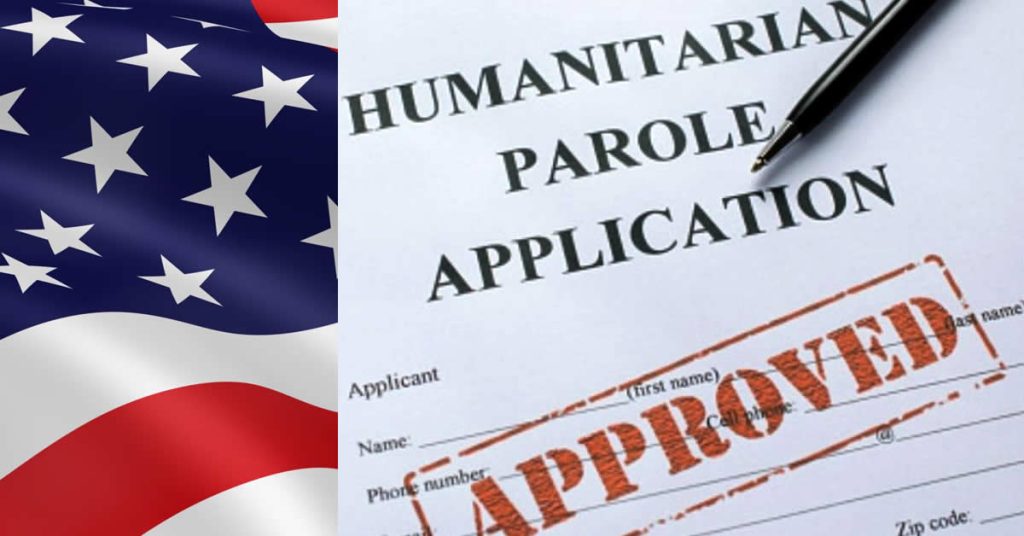
«It is sad to say it, but sometimes the same Nicaraguans do not want to help other Nicaraguans. We have found more support in local churches and organizations in Venezuela and Mexico that have helped us reunite families, but the Nicaraguan families here choose only to bring their family,” said Aida, head of the family.
In the process, some have even wanted to take advantage of desperation to scam or make some money.
A migrant who is already in the United States on parole, thanks to the support of a former boss of his, says that he asked a relative to request it under the program and that he would pay him $1,500, but he asked for a $10,000 payment as condition.
In another case, a journalist on social networks denounced a fraud attempt from Mexico: scammers posing as immigration lawyers asked him for $5,000 for each member of his family to request parole and receive it in Texas.
Related news: “98% of Nicaraguan parole applications are being approved,” reveals the US.
The scam consisted of depositing the money in an account, sending by mail the data of the family members to be requested and data and copies of the documents. For this they asked for the deposit in less than an hour to take advantage of the offer.
While the journalist said he had rejected the scam, others may have fallen for it.
Dictatorship turned Nicaragua into a country of migrants
Before the parole, Nicaragua was suffering an exodus: between 2018 and 2022, 604, 485 Nicaraguans left. In 2022 alone, 328,443 citizens migrated, mainly to the United States and Costa Rica, calculated the researcher Manuel Orozco, a specialist in migration issues and a researcher at the Inter-American Dialogue.
It is also a figure that exceeds the 161,269 Nicaraguans who left in 2021, which had also set a record in the Nicaraguan exodus.
And it is that since 2018 Nicaragua became a country of migrants. A regional public opinion report by the firm Cid Gallup, published in February of this year, revealed that two out of five Nicaraguans would migrate if they had the capacity and conditions to do so.
The survey was carried out among 1,200 Nicaraguans through telephone calls in January to answer: “If you had the resources to do it, how likely is it that you would emigrate to another country?” The response revealed that the intentions to migrate have remained stable since the last three years: 44% in 2021; 45% in 2022 and 44 percent in 2023.
By United Voices
